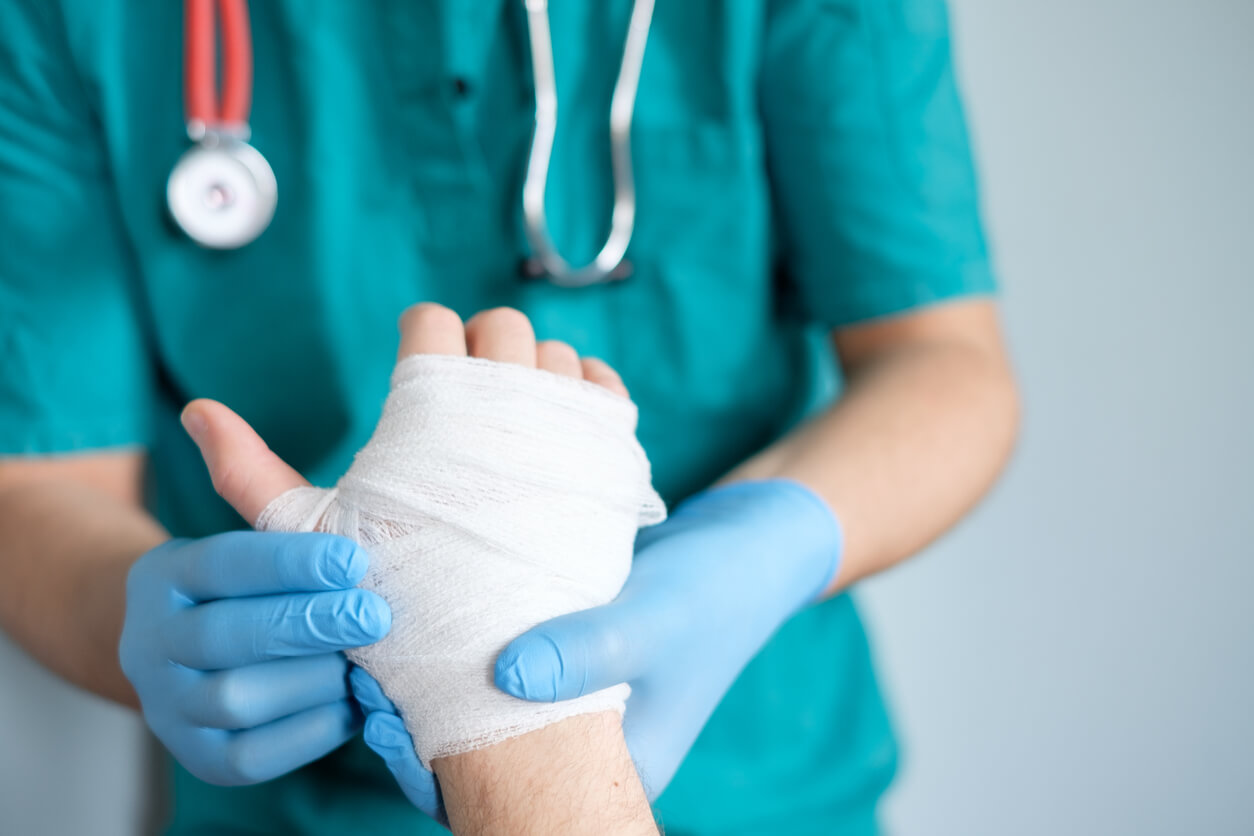When someone gets hurt in an accident, and another party’s negligence plays a role, South Carolina law allows them to pursue compensation for the financial losses they have incurred. This compensation is called economic damages, and it covers the money you have already spent and the money you are likely to lose because of the accident.
At Willcox, Buyck & Williams, PA, we help injury victims in Florence and Myrtle Beach, South Carolina, recover the money they deserve. If someone else caused your injuries, you should not be the one left with the bills.
What Do Economic Damages Include?
Economic damages cover the real, measurable costs of an injury. They are meant to make up for the money you lose, both now and in the future. Some examples include:
Medical Expenses
Serious injuries require medical care. Treatment can be immediate and long-term. This type of care can result in towering medical costs that include:
- Emergency room visits
- Hospital stays
- Surgeries
- Doctor appointments
- Physical therapy
- Prescription medications
- Medical equipment (like crutches or wheelchairs)
Even if you have health insurance, you may still face high out-of-pocket costs. Additionally, if you need long-term treatment, those future costs should also be included in your claim.
Lost Income
Many injuries force people to take time off work. If you’ve missed days, weeks, or even months of income, economic damages can help replace that lost money.
Lost wages often include more than just time that you missed from work. If your injuries prevent you from returning to your job or limit the type of work you can do, you may be able to recover compensation for the income you’ll lose in the future.
Property Damage
If an accident damages or destroys something valuable, such as your car in a crash, economic damages can cover the cost of repairs or replacement.
Household and Personal Services
Some injuries make everyday tasks difficult or impossible. If you need help with cooking, cleaning, childcare, or transportation because of your injury, you may recover those costs, too.
Other Out-of-Pocket Costs
Accidents often lead to unexpected expenses. You might need to modify your home, pay for a rental car, or cover travel expenses for medical treatment. These costs add up, and they should be included in your claim.
How Are Economic Damages Calculated?
Economic damages are calculated based on actual financial losses, which means they can determine the amount using bills, receipts, pay stubs, and other records. The goal is to get a clear picture of how much money you’ve lost and how much you’re likely to lose in the future.
For future costs, such as ongoing medical care or lost earning potential, experts may be brought in to estimate how much you will need. These calculations consider factors like your age, job skills, and how much your life has changed due to your injuries.
How Do You Prove Economic Damages?
To build a strong case, you will need proof of your losses. That’s why it’s essential to keep copies of:
- Medical records and bills
- Receipts for prescriptions and medical devices
- Pay stubs or tax returns to show lost income
- Invoices for the repairs or replacement of damaged property
- Estimates for future care or reduced earning capacity
If you do not have all these documents, don’t worry. An attorney can help you gather the right evidence for your claim.
Why Legal Help Matters
Insurance companies may try to downplay your losses or claim that some of your expenses aren’t necessary. They might offer you a quick settlement that doesn’t fully cover what you’ve lost.
For this reason, having legal guidance can make all the difference. At Willcox, Buyck & Williams, PA, we know how to push back against unfair tactics and fight for fair and timely compensation. If you are dealing with injuries following an accident in Florence or Myrtle Beach, call us today for a free consultation, and let’s discuss how we can help you move forward.










